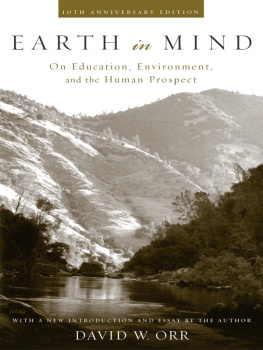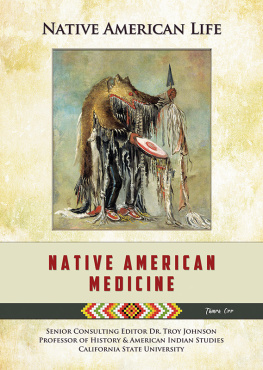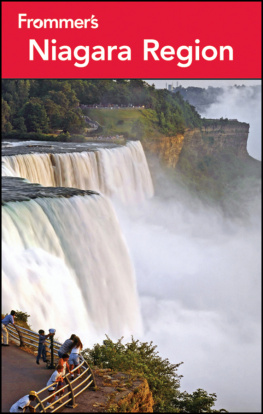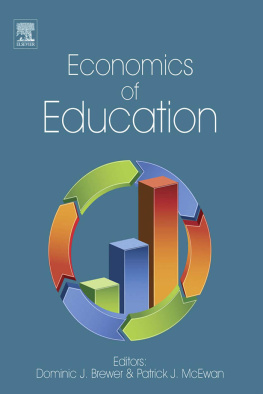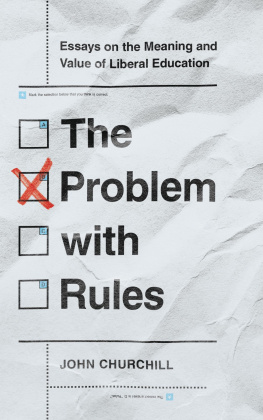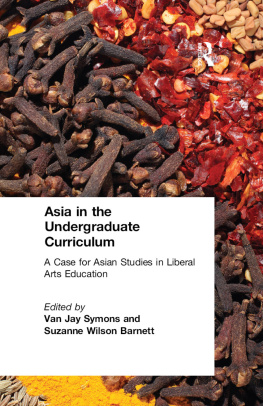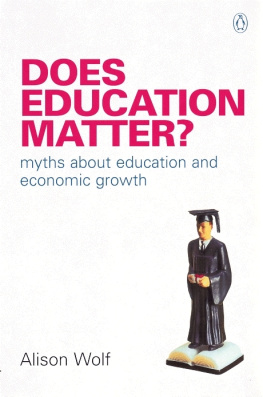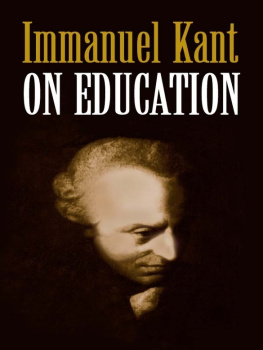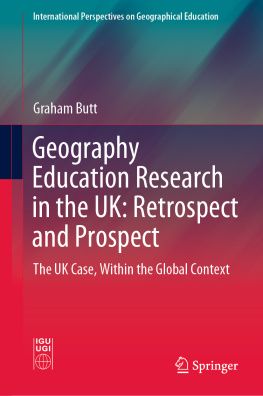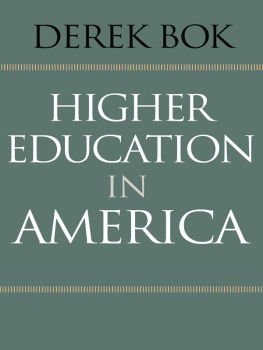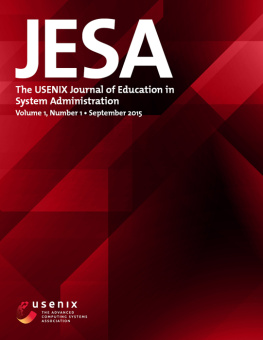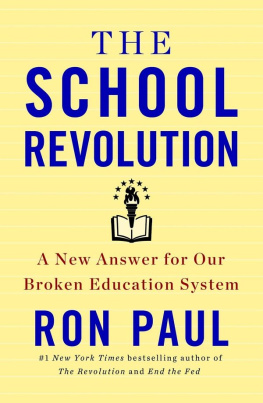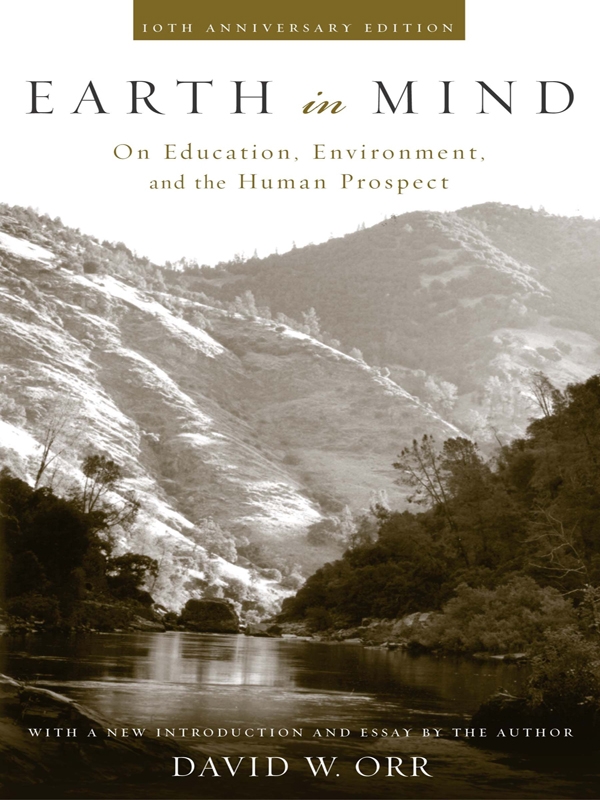N O PERSON is an island; I certainly am not. For their support, counsel, and friendship, I owe more to more people than I can possibly acknowledge. Some, however, deserve special thanks. First, I would like to thank my parents for their support and for their example of principled and purpose-filled lives. This book is dedicated to them with love and gratitude. I owe a special thank you to my wife, Elaine, who brings life, music, and joy to everything she does and to every life she touches, including my own. David Ehrenfeld, a renaissance man disguised as a biologist and serving as an editor, helped to greatly improve and clarify the essays here that originally appeared in Conservation Biology . I would like to thank friends who stimulated and sharpened many of the ideas found here, particularly Wendell Berry, Tony Cortese, Herman Daly, Kamyar Enshayan, George Foy, Wes Jackson, Gene Logsdon, Amory and Hunter Lovins, Jay McDaniel, Bill McDonough, Les Milbrath, John Powers, John and Nancy Todd, Steve Viederman, and George Woodwell. I would like to acknowledge all of those colleagues and friends at Oberlin College who make this a genial and stimulating place. None of these, however, should be held liable for my shortcomings revealed in the pages that follow. Finally, for permission to reprint articles that originally appeared elsewhere, I would like to thank the editors of Annals of Earth, Conservation Biology, Ecological Economics, Holistic Education Review , and Island Press.
Conclusion: Earth in Mind
H OW ARE minds to be made safe for a planet with a biosphere? One answer is to load students down with more facts and data having to do with the decline of one thing or another. As teachers, educators, and concerned citizens we are obliged to tell the truth as accurately as we see it, which means partially through a glass darkly. But part of the truth cannot be told; it must be felt. It is within us. It would be odd indeed if several million years of evolution had not equipped us for this moment of truth. And the actuality is that, try as we may, we have not and cannot escape the fact that we are, in Stan Rowes (1993) words, highly evolved deep air mammals. We are of the earth; our flesh is grass. We live in the cycle of birth and death, growth and decay. Our bodies respond to daily rhythms of light and darkness, to the tug of the moon, and to the change of seasons. The salt content of our blood, our genetic similarity to other life forms, and our behavior at every turn give us away. We are shot through with wildness. Call it biophilia (Wilson, 1984) or the ecological unconscious (Roszak, 1992), the earth is inscribed in us, we are of the earth. We have an affinity for nature. What do we do about that simple but overwhelming fact?
The short answer is to face it, but we are still caught up in denial. The civilization we have built causes us to spend 95% of our lives indoors, isolated from nature. Being born and raised, as Michael Cohen (1993) stated, bewildered (wilderness-severed) assaults our thinking and our inner nature. We live stress-filled lives full of traffic jams, busyness, noise, artificiality, and substitutes for the real thing. Our culture is riddled with stress and stress-related pathologies: addictions, broken marriages, violence, and greed. More than 70% of our medical problems, costing $250 billion, are believed to be stress related (Cohen, 1993). We are estranged from our sources. We have, in Herman Dalys words, an infinite itch, but we do not know where to scratch.
Were we to confront our creaturehood squarely, how would we propose to educate? The answer, I think, is implied in the root of the word education, educe, which means to draw out. What needs to be drawn out is our affinity for life. That affinity needs opportunities to grow and flourish, it needs to be validated, it needs to be instructed and disciplined, and it needs to be harnessed to the goal of building humane and sustainable societies. Education that builds on our affinity for life would lead to a kind of awakening of possibilities and potentials that lie largely dormant and unused in the industrial-utilitarian mind. Therefore, the task of education, as Dave Foreman stated, is to help us open our souls to love this glorious, luxuriant, animated planet (Roszak, 1993). The good news is that our own nature will help us in this process, if we let it.
How will this awakening occur? Scott Momaday (1993) put it this way:
Once in his life a man ... ought to give himself up to a particular landscape in his experience, to look at it from as many angles as he can, to wonder about it, to dwell upon it. He ought to imagine that he touches it with his hands at every season and listen to the sounds that are made upon it. He ought to imagine the creatures there and all the faintest motions of the wind. He ought to recollect the glare of noon and all the colors of the dawn and dusk. (p. 83)
SOURCES
Cohen, M. 1993. Integrated Ecology: The Process of Counseling with Nature. The Humanistic Psychologist, 21, 3.
Momaday, S. 1993. The Way to Rainy Mountain. Albuquerque: University of New Mexico Press. (Original work published 1969.)
Roszak, T. 1992. Voice of the Earth. New York: Simon & Schuster.
Roszak, T. 1993. Beyond the Reality Principle. Sierra (March/April).
Rowe, S. 1993. Stan Rowe on the Ecological Perspective in a Changing World. Hastings Bridge, 1 , 1.
Wilson, E. O. 1984. Biophilia. Cambridge: Harvard University Press.
ISLAND PRESS BOARD OF DIRECTORS
Chair
VICTOR M. SHER, ESQ.
Sher & Leff
San Francisco, CA
Vice-Chair
DANE A. NICHOLS
Washington, DC
Secretary
CAROLYN PEACHEY
Campbell, Peachey & Associates
Washington, DC
Treasurer
DRUMMOND PIKE
President
The Tides Foundation
San Francisco, CA
ROBERT E. BAENSCH
Director, Center for Publishing
New York University
New York, NY
DAVID C. COLE
President, Aquaterra, Inc.
Washington, VA
CATHERINE M. CONOVER
Quercus LLC
Washington, DC
WILLIAM H. MEADOWS
President, The Wilderness Society
Washington, DC
HENRY REATH
Collectors Reprints
Princeton, NJ
WILL ROGERS
President, The Trust for Public Land
San Francisco, CA
CHARLES C. SAVITT
President, Island Press
Washington, DC
SUSAN E. SECHLER
Senior Advisor, The German
Marshall Fund
Washington, DC
PETER R. STEIN
General Partner, LTC
Conservation Advisory Services
The Lyme Timber Company
Hanover, NH
DIANA WALL, PH.D.
Director and Professor, Natural
Resource Ecology Laboratory
Colorado State University
Fort Collins, CO
WREN WIRTH
Washington, DC
CHAPTER ONE
What Is Education For?
I F TODAY is a typical day on planet earth, we will lose 116 square miles of rain forest, or about an acre a second. We will lose another 72 square miles to encroaching deserts, the results of human mismanagement and overpopulation. We will lose 40 to 250 species, and no one knows whether the number is 40 or 250. Today the human population will increase by 250,000. And today we will add 2,700 tons of chlorofluorocarbons and 15 million tons of carbon dioxide to the atmosphere. Tonight the earth will be a little hotter, its waters more acidic, and the fabric of life more threadbare. By years end the numbers are staggering: The total loss of rain forest will equal an area the size of the state of Washington; expanding deserts will equal an area the size of the state of West Virginia; and the global population will have risen by more than 90,000,000. By the year 2000 perhaps as much as 20% of the life forms extant on the planet in the year 1900 will be extinct.

